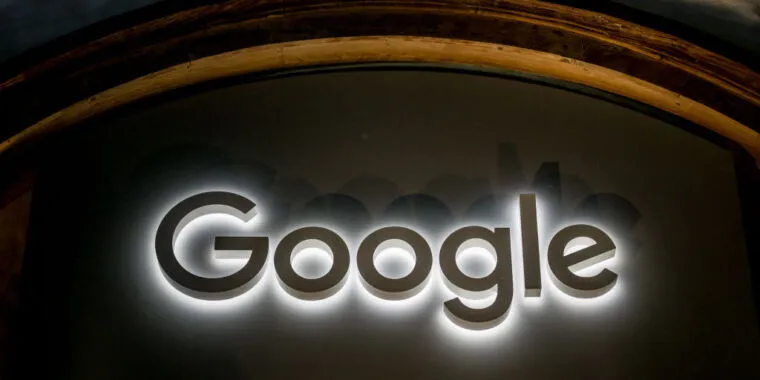Google loses DOJ’s big monopoly trial over search business
Google loses DOJ’s big monopoly trial over search business

arstechnica.com
Google loses DOJ’s big monopoly trial over search business

Google loses DOJ’s big monopoly trial over search business

Google loses DOJ’s big monopoly trial over search business
